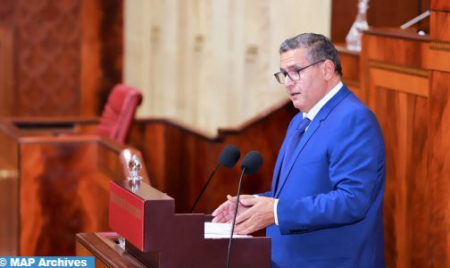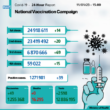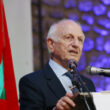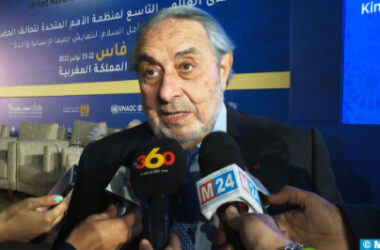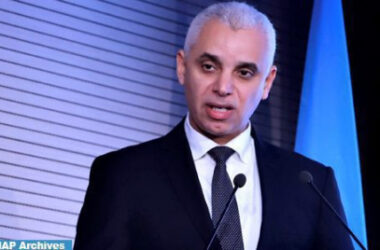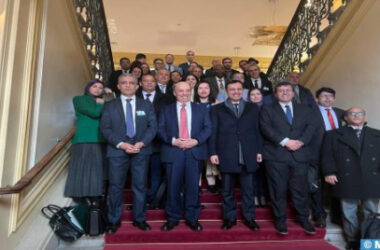Speaking at the monthly session devoted to public policy at the House of Advisors around a central question on “the implementation of medical and social coverage”, he said that the government is working to ensure sustainable medical coverage for all against diseases and multiple health risks, while working to catch up on the structural backlog in this area, especially in terms of hospital infrastructure, medical staff, production of drugs, vaccines and other essential medical products.
For him, the generalization of social coverage can be efficient and palpable on the ground by the existence of a hospital infrastructure to the height of this important transformation, noting that despite the sustained developments recorded in recent years in the field of health, structural problems persist as evidenced by the difficult access to care and health services below the needs and expectations expressed.
Listing the main shortcomings, the head of government pointed to the weakness of the equipment of public health institutions, the rising cost of drugs and care in private health institutions compared to the purchasing power of the middle class and needy populations, in addition to the weakness of the regional health system in terms of patient care and this, because of the inequitable distribution of human and financial resources at national level.
This is what led the government to focus its efforts to develop a new approach to governance and on the level of upgrading the benefits of the health sector, being the cornerstone of the social contract between the government and citizens, and this, through a review of the basic care and the visible improvement of the quality of health care provided, he said.
He said, in this regard, that the government, in accordance with the High Royal Directions, is conducting an innovative reform in the health sector so as to be up to the vast large-scale project of the generalization of compulsory health insurance (AMO).
He emphasized that this interest granted by the government to this vital sector is manifested by a real responsiveness and the mobilization of significant financial resources and the rationalization of budgetary choices and this, through the gradual increase in the health budget during the first two years of the government’s term.
The head of government said that this budget amounted in 2022 to 23 billion and 551 million dirhams, an increase of 3 billion and 741 million dirhams compared to the year 2021, adding that this budget has been raised in 2023 to 28 billion dirhams, which represents a rise of 4.6 billion dirhams compared to the previous year.
In addition, nearly 9.5 billion dirhams have been allocated to support 4 million families who will benefit from the services of the AMO-Tadamon, to ensure their access to hospitals like the rest of the beneficiaries of compulsory medical coverage, he added, stating that this innovative reform is based on 4 major pillars and 11 key measures aimed at strengthening and consolidating the system so that it can meet the various challenges posed and ensure full success of the vast projects to which Morocco is committed.





